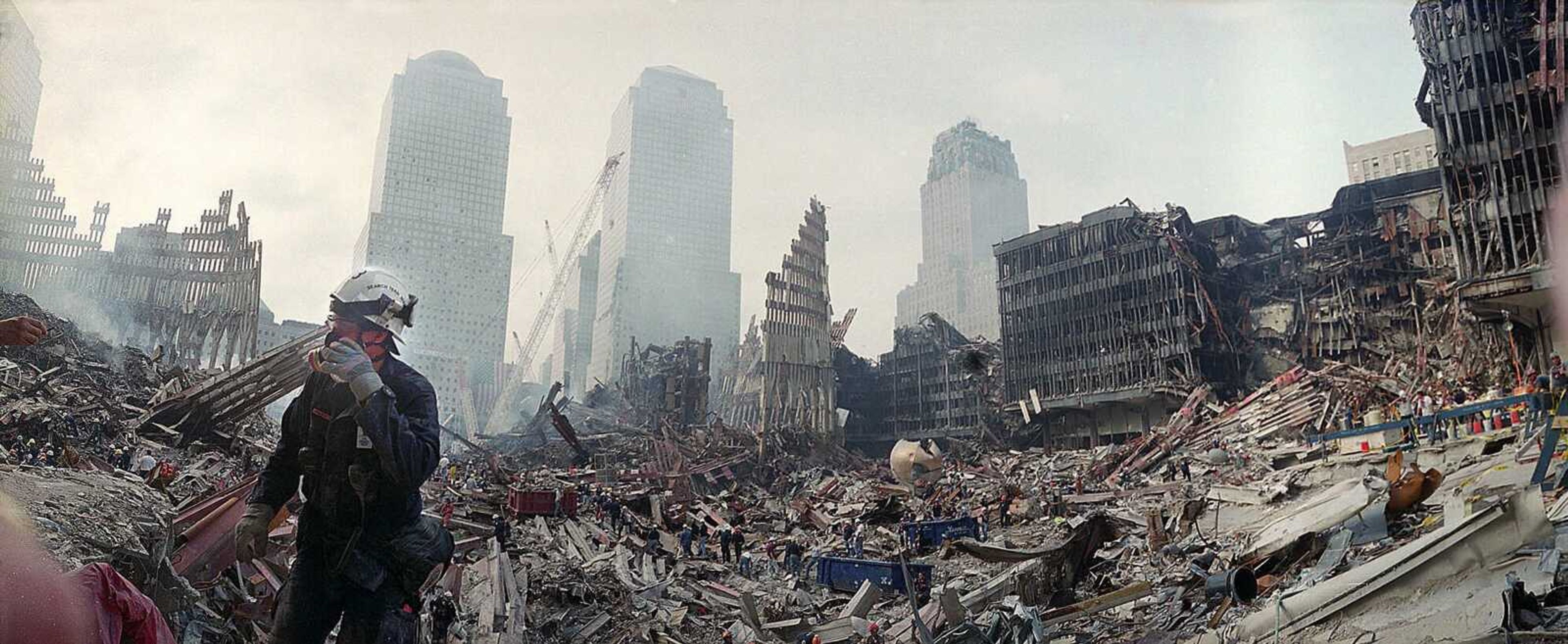In the ghastly rubble of Ground Zero's fallen towers 20 years ago, Hour Zero arrived, a chance to start anew.
World affairs reordered abruptly on that morning of blue skies, black ash, fire and death.
In Iran, chants of "death to America" quickly gave way to candlelight vigils to mourn the American dead. Vladimir Putin weighed in with substantive help as the U.S. prepared to go to war in Russia's region of influence.
Libya's Moammar Gadhafi, a murderous dictator with a poetic streak, spoke of the "human duty" to be with Americans after "these horrifying and awesome events, which are bound to awaken human conscience."
From the first terrible moments, America's longstanding allies were joined by longtime enemies in that singularly galvanizing instant. No nation with global standing was cheering the stateless terrorists vowing to conquer capitalism and democracy. How rare is that?
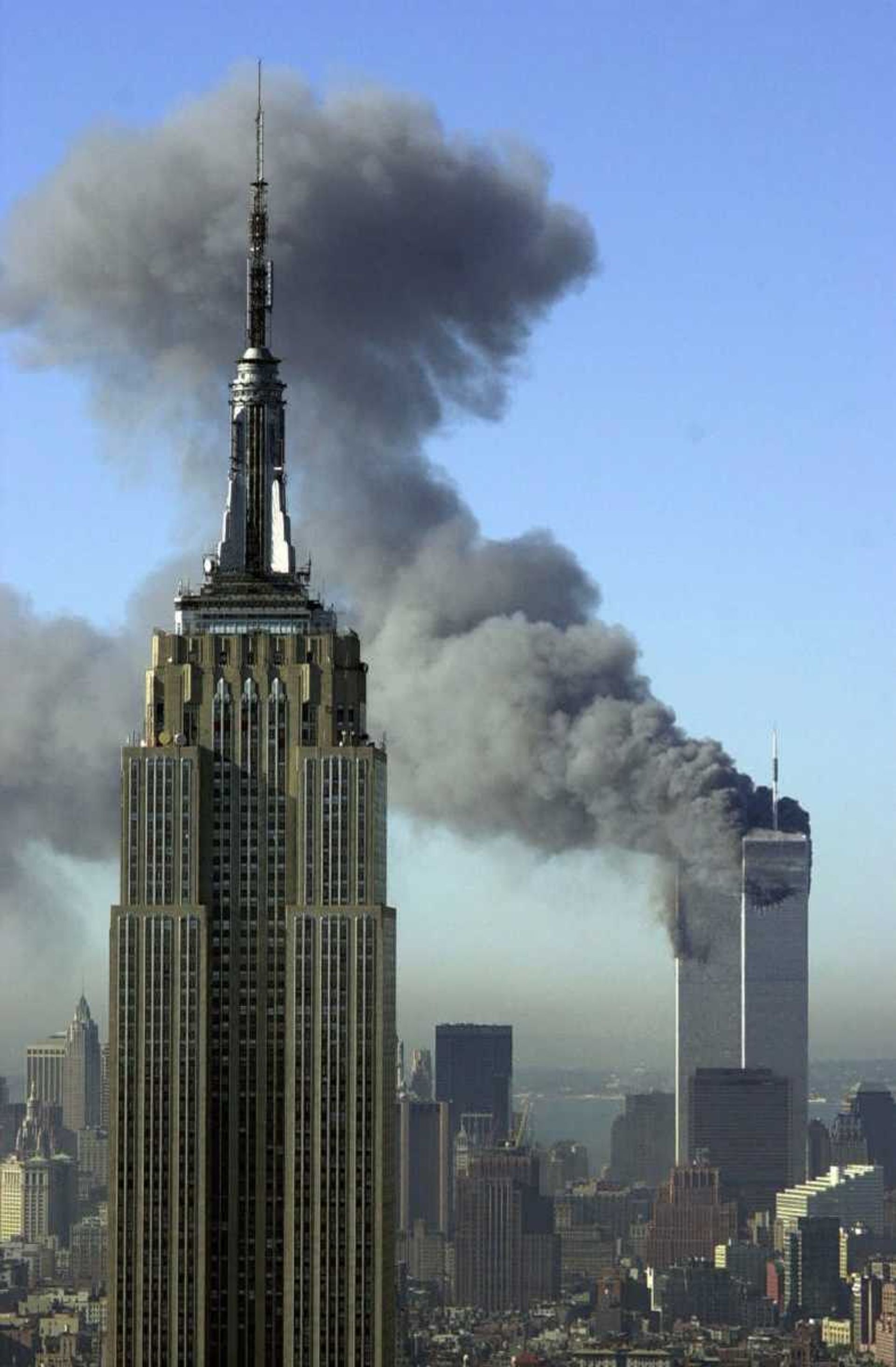
The 'homeland'
In the United States, the Sept. 11 attacks set loose a torrent of rage.
In shock from the assault, a swath of American society embraced the us vs. them binary outlook articulated by President George W. Bush -- "Either you are with us, or you are with the terrorists."
The unraveling
Dozens of countries joined or endorsed the NATO coalition fighting in Afghanistan. Russia acquiesced to NATO troops in Central Asia for the first time and provided logistical support. Never before had NATO invoked Article 5 of its charter that an attack against one member was an attack against all.
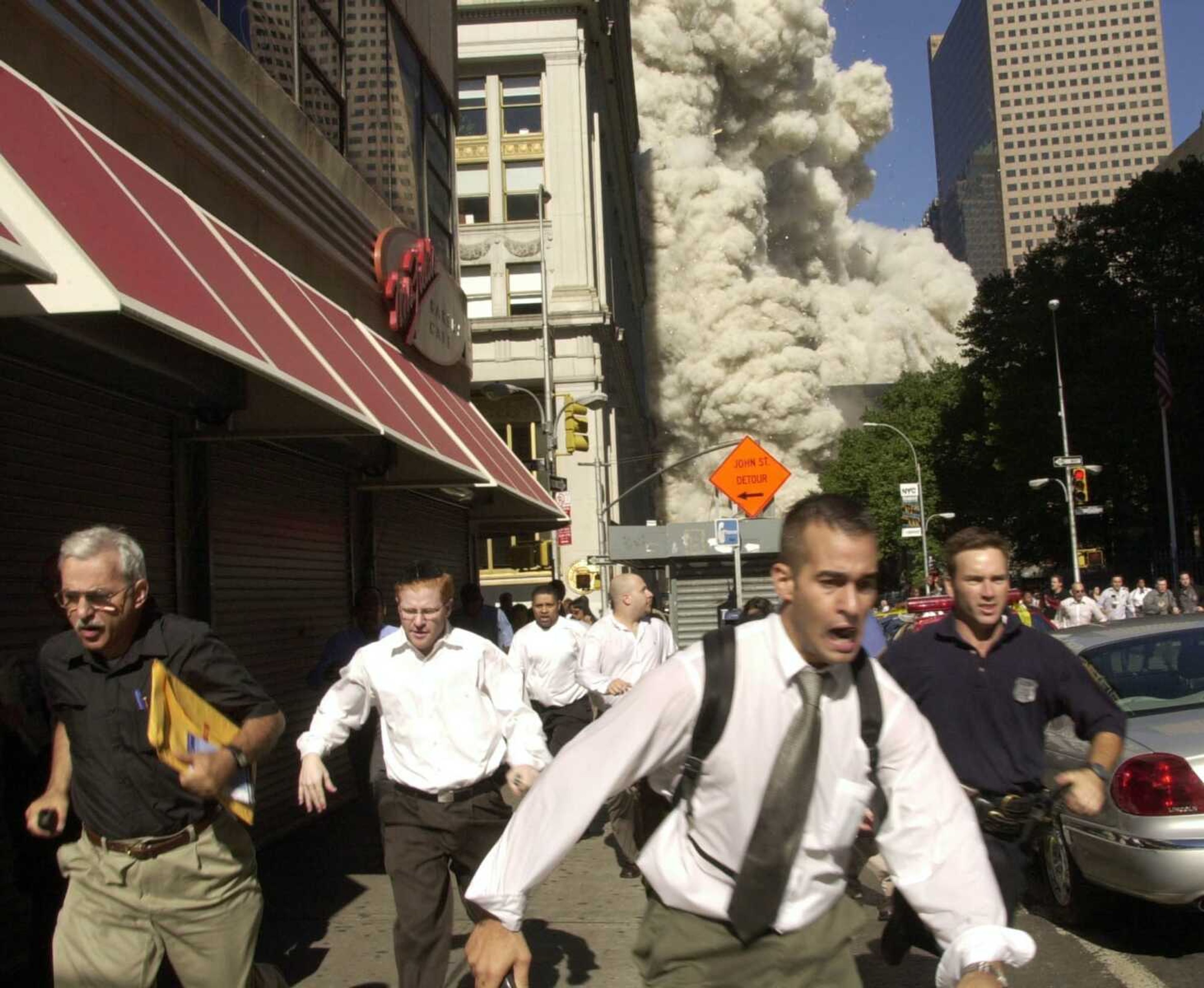
The successes
Over the next two decades, a succession of U.S. presidents scored important achievements in shoring up security, and so far U.S. territory has remained safe from more international terrorism anywhere on the scale of 9/11.
Globally, U.S.-led forces weakened al-Qaida, which has failed to launch a major attack on the West since 2005. The Iraq invasion rid that country and region of a murderous dictator in Saddam.
Yet strategically, eliminating him did just what Arab leaders warned Bush it would do: It strengthened Saddam's main rival, Iran, threatening U.S. objectives and partners.
Deadly chaos soon followed in Iraq. The Bush administration, in its nation-building haste, failed to plan for keeping order, leaving Islamist extremists and rival militias to fight for dominance in the security vacuum.
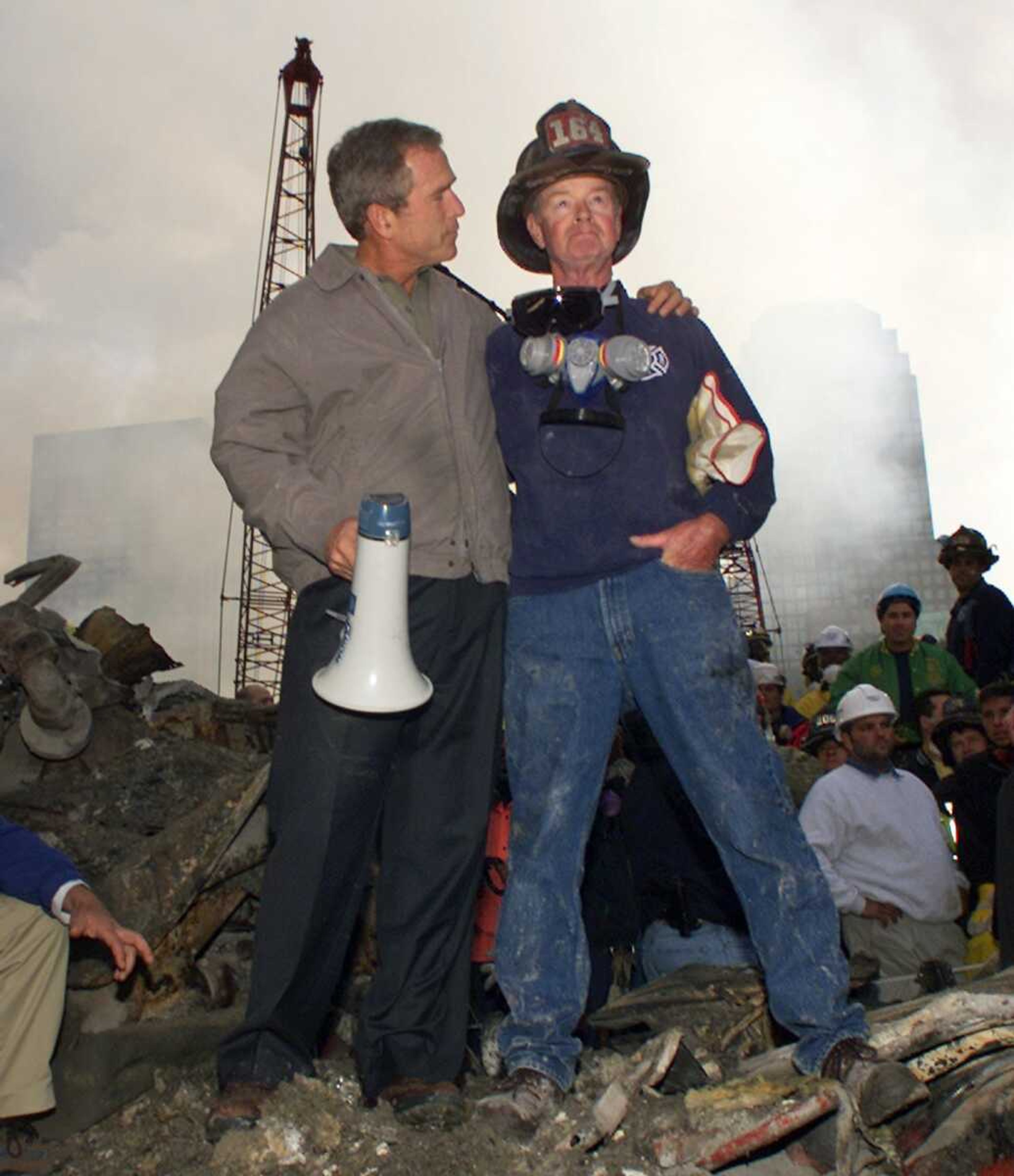
The overthrow of Saddam served both to inspire and limit public support for Arab Spring uprisings a few years later. For if the U.S. showed people in the Middle East that strongmen can be toppled, the insurgency demonstrated that what comes next may not be a season of renewal.
Authoritarian regimes in the Middle East pointed to the post-Saddam era as an argument for their own survival.
The U.S.-led wars in Afghanistan and Iraq killed more than 7,000 American military men and women, more than 1,000 from the allied forces, many tens of thousands of members of Afghan and Iraqi security forces, and many hundreds of thousands of civilians, according to Brown University's Costs of War project. Costs, including tending the wars' unusually high number of disabled vets, are expected to top $6 trillion.
For the U.S., the presidencies since Bush's wars have been marked by an effort -- not always consistent, not always successful -- to pull back the military from the conflicts of the Middle East and Central Asia.
The perception of a U.S. retreat has allowed Russia and China to gain influence in the regions, and left U.S. allies struggling to understand Washington's place in the world. The notion that 9/11 would create an enduring unity of interest to combat terrorism collided with rising nationalism and a U.S. president, President Donald Trump, who spoke disdainfully of the NATO allies that in 2001 had rallied to America's cause.
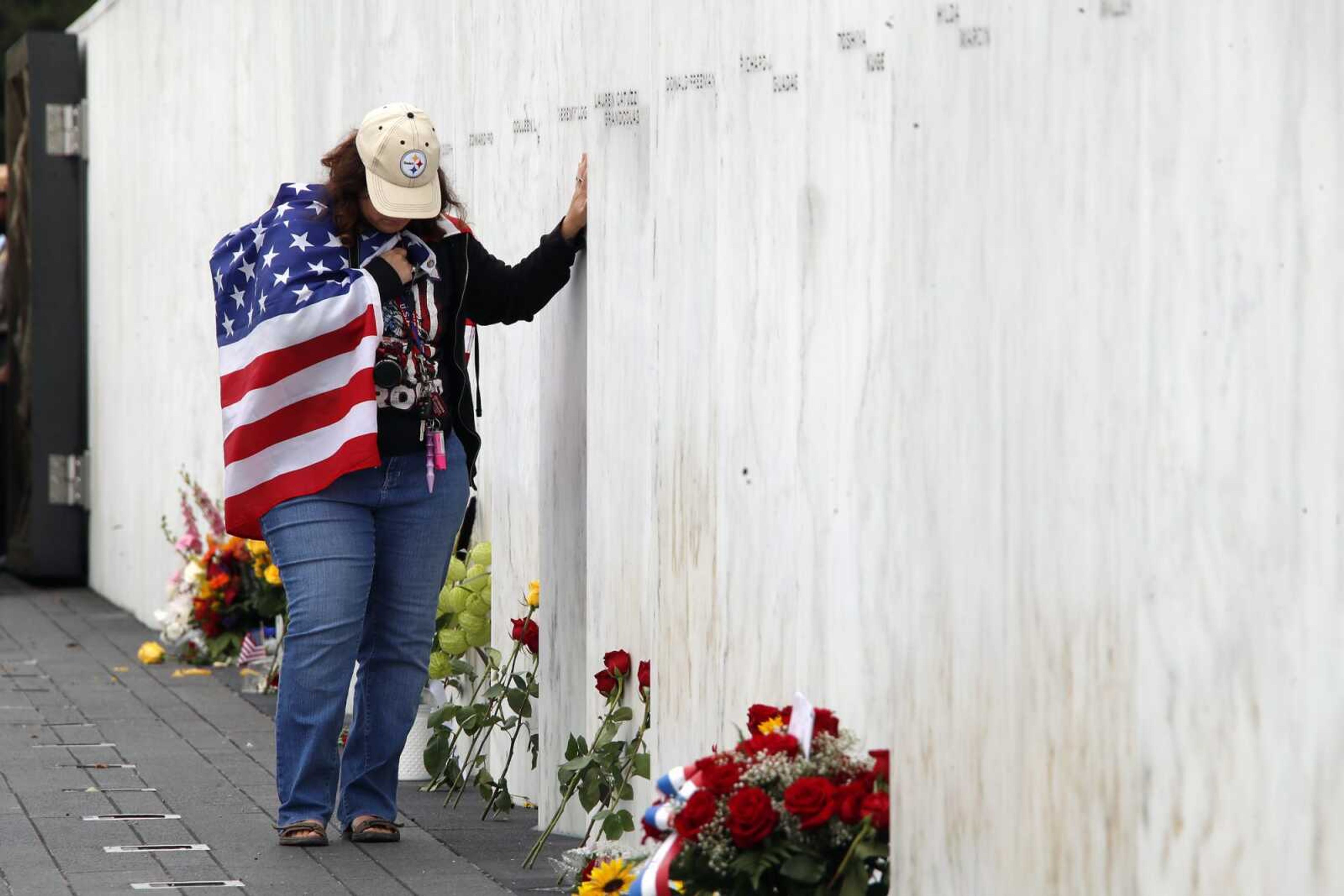
Even before Trump, President Barack Obama surprised allies and enemies alike when he stepped back abruptly from the U.S. role of world cop. Obama geared up for, then called off, a strike on Syrian President Bashar Assad for using chemical weapons against his people.
"Terrible things happen across the globe, and it is beyond our means to right every wrong," Obama said on Sept. 11, 2013.
Connect with the Southeast Missourian Newsroom:
For corrections to this story or other insights for the editor, click here. To submit a letter to the editor, click here. To learn about the Southeast Missourian’s AI Policy, click here.
